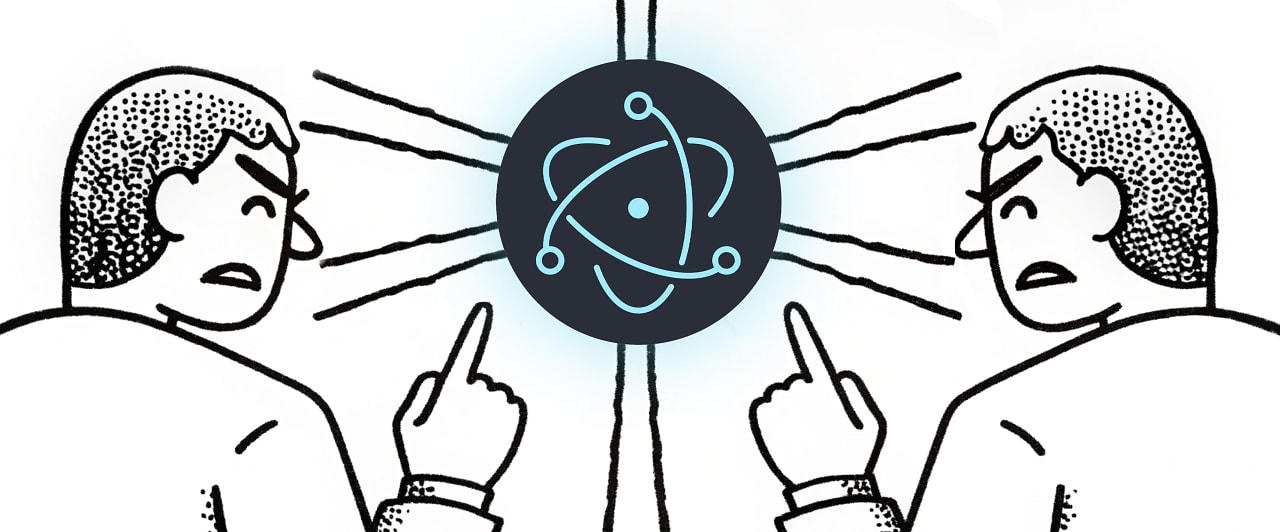How do Six Nations bonus points work? Rules explained
The rugby tournament returns on Friday!


With the Six Nations rugby tournament back for 2025 today, here’s absolutely everything you need to know about the bonus points rules.
France host Wales tonight while Ireland face a clash with England and Italy travel to Scotland on Saturday in the first round of Six Nations matches.
Defending champions Ireland are aiming to win three championship titles in succession this year under their stand-in boss Simon Easterby.
But there are some casual fans who don’t know what a bonus point is – or why they’re so important – so Metro has explained it all for you right here…
How do bonus points work in the Six Nations?
A try bonus point is handed to teams for scoring four or more tries in a single match.
A losing bonus point is also awarded for teams losing by seven or fewer points.

If a team scored four tries in a match and loses by seven points or fewer, they are awarded two bonus points.
Why were bonus points introduced in the Six Nations?
The Six Nations rugby tournament began using the bonus point scoring system in 2017 to encourage attacking play throughout all matches.

It is a way to incentivise teams to score more tries, discourage repetitive goal-kicking and to reward teams for coming close in losing efforts.
How many points are awarded for a win in the Six Nations?
In the Six Nations, four points are awarded for winning a match and two points are given for a draw. That’s before any bonus points come into play.
Can a team lose out on the Six Nations title on bonus points even if they get a Grand Slam?
Six Nations rugby teams can achieve a Grand Slam if they beat all other five countries during a single campaign.
It is not possible for a team to miss out on the Six Nations title if they mark that achievement because three bonus points are given for registering a Grand Slam.













![From Gas Station to Google with Self-Taught Cloud Engineer Rishab Kumar [Podcast #158]](https://cdn.hashnode.com/res/hashnode/image/upload/v1738339892695/6b303b0a-c99c-4074-b4bd-104f98252c0c.png?#)
































































